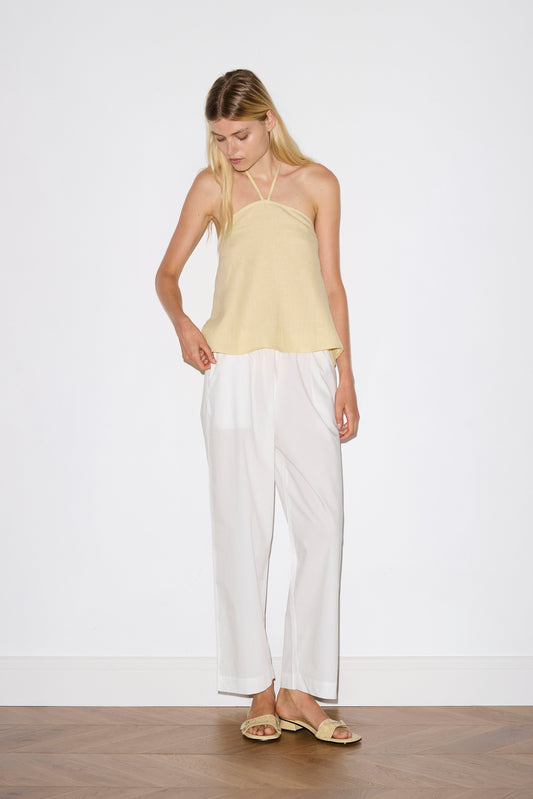Environmental Policy
ENVIRONMENTAL POLICY
Our intention in creating this policy guide is to ensure that no materials, dyes or chemicals used in the production of garments, textiles, and leather products impose unacceptable risk to the environment or people’s health during their manufacture, use or disposal. We also aim to continually improve our manufacturing and distribution process to reduce our impact on the planet.
Deiji take our responsibilities to the environment & human safety seriously, and would like to become a beacon for change in a highly polluting industry.
Alongside our manufacturers and customers, we will further develop new practises to achieve better sustainability and transparency in our supply chain. We will continue to update our Environmental Policy on a regular basis, including changes in legislation.
1% FOR THE PLANET - We are a proud member of 1% for the planet, and pledge 1% of annual sales to charitable organisations, vetted and approved by 1%FTP. Thus far our donations are to Hawaii Community Foundation, WIRES Wildlife Rescue, Karrad Kanjdji Trust, Carbon Positive Australia, Seed Mob, Thread Together, and Humane Society International.
CARBON NEUTRAL - Deiji have had our carbon usage measured, and have offset this and will continue to do so on a yearly basis. Since 2022 our donations have exceeded carbon used, and we are now proudly Carbon Positive.
DYES/CHEMICALS - Deiji unconditionally bans the use of any AZO dyes or skin sensitising dyes in our products. Deiji will not use or allow Formaldehyde, Phthalaytes, Flame Retardents or Lead in the production process.
WATER - Wastewater from dyeing or washing our clothing is to be filtered before release, this must be confirmed by any company in our supply chain. We also stipulate softening is to occur by washing with natural pumice stones, not chemical properties polluting waterways.
LEATHER - Sheeps wool and leather are used by Deiji and are to be a by-product of other industries. Animals are required to be humanely slaughtered to ensure minimum distress. We will never allow the use of exotic skins or threatened species. We will work to formalise these policies in the form of further accreditation, our leather factory is currently certified by wrapcompliance.org
FABRICS - Where possible fabrics must be biodegradable and GOTS certified organic.
For our Linen, the requirement is at minimum OEKO-TEX standard certification. Our Linen is European Flax Standard Certified from France.
WASTE - Factories we use, and our warehouse/office facility must ensure compliance with all legally mandated environmental standards and should continuously seek out opportunities to reduce, reuse, recycle. Where possible all products used must be either compostable or recyclable. This includes packaging, consumables and the end product themselves. Any scrap fabrics must be donated or recycled, never discarded. All samples, seconds and end of line products must be donated to our partners at threadtogether.org
All businesses within our supply chain are expected to comply with international and local legislation on workplace health and safety, and to comply with all local standards for emissions - airborne, liquid or solid. We will be clear in our communication with them to ensure we maintain and improve these standards to become world leaders in our field.
‘If future generations are to remember us with gratitude rather than contempt, we must leave them something more than the miracles of technology. We must leave them a glimpse of the world as it was in the beginning, not just after we got through with it.’
President Lyndon B. Johnson, on the signing of the Wilderness Act of 1964



